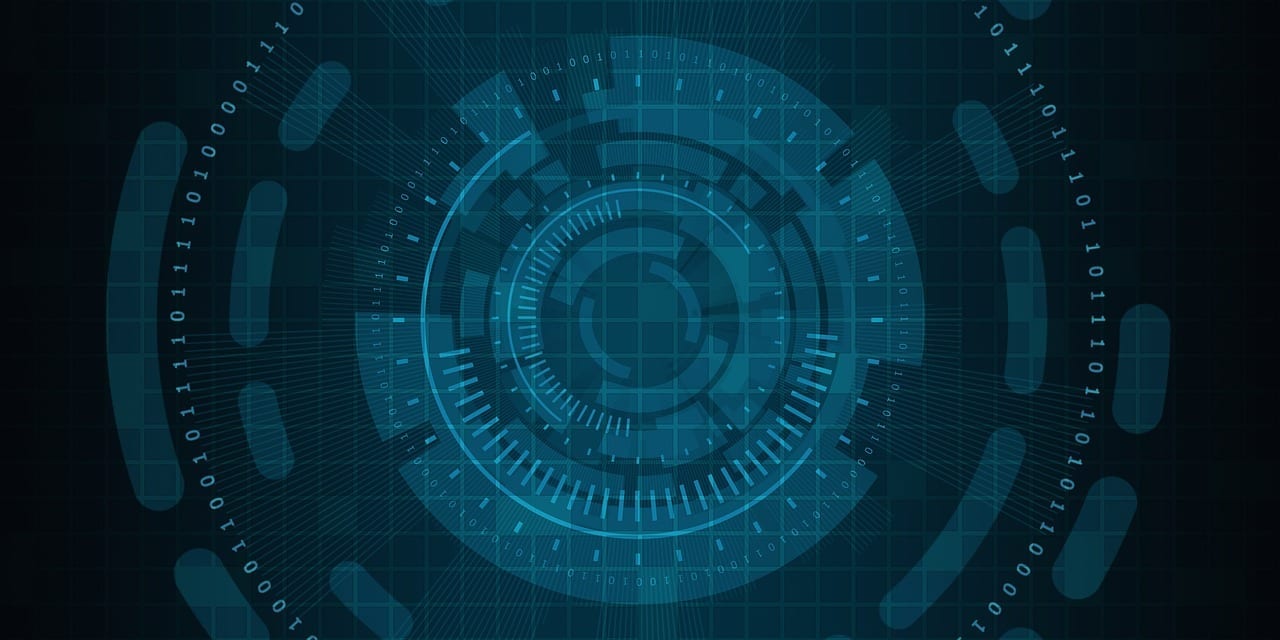The latest move by Dell, once the world’s largest seller of PCs and laptops, to kick-start growth is to take a $1 billion position on the growing role of IoT (Internet of Things) technology. The computing giant seems to have made a habit of suffering from technology shifts and developments in recent times and will be hoping that this time it gets in on the upward curve of a new technology market.
As Dell suffered from increased competition in the PC market, the company piled resources into servers and other physical data storage hardware. Last year’s acquisition of EMC, a data storage business, was the largest ever between technology companies. However, the enterprise data storage market is also shifting as companies increasingly move towards cloud storage solutions offered by the likes of Amazon and Microsoft. The market for spending on the data centre hardware and software offered by Dell and competitors such as HP is expected to grow by less than 3% between now and 2020. It’s still the more valuable market, worth around $170 billion to $35 billion of spending on cloud data service storage. However, cloud storage is a high growth market and its value is forecast to double to $70 billion by 2020, making it look like Dell may have miscalculated in its $67 billion acquisition of EMC.
However, EMC does own Pivotal through a joint venture with GE. The young company specialises in the analysis of big data to generate insights into how more money can be made or saved. Pivotal aren’t just specialists in big data analysis, but specialists in really big data, known as data lakes, analysis. IoT is based on data from hundreds, thousands or even millions of internet-connected devices being analysed to provide insights into how to make the functionality of those devices more efficient.
Pivotal may well have a ‘pivotal’ role in Dell’s IoT push in the future. Dell’s bet is centred on IoT become standard in almost every device and piece of equipment we use in the future, from our electric toothbrush knowing how to best brush teeth like ours by comparing data from millions of teeth brushers, to connected driverless cars. The guess is the boom in IoT sensors will be see a parallel boom in the hardware and software around those devices known as ‘edge computing’.
Dell CEO and founder Michael Dell commented:
“We think edge computing could be 100 times bigger than the internet as we know it today. That may sound crazy right now but give it a few years and I think that will be more understood.”
The crux of the argument is that companies will not want to store the data collected by IoT devices on cloud servers for security reasons as it will be so valuable them. 5G wireless networks will make communication between edge computing devices much more efficient and further reduce the need for a less secure cloud solution.
However, Dell is not the first tech giant to arrive at this conclusion with rivals Amazon, Microsoft and Cisco having already committed huge funding to R&D in the edge computing market. This time, however, Dell will be hoping that the combination of subsidiaries such as Pivotal and VMware’s network virtualization and security software NSX will give them the edge. They have to hope so as missing a seat at the top table of another big technology party could be hard to recover from.










Leave a Reply